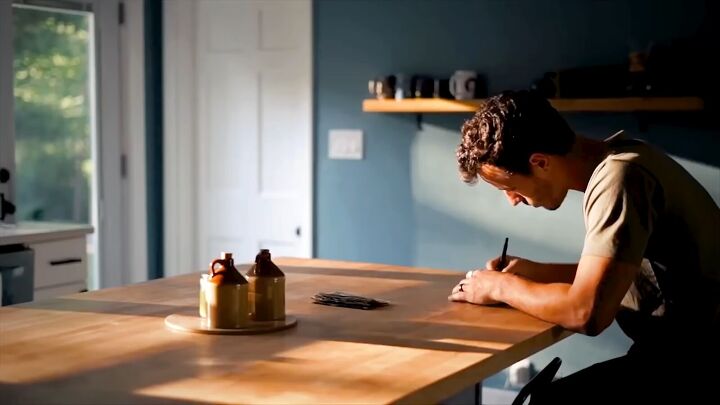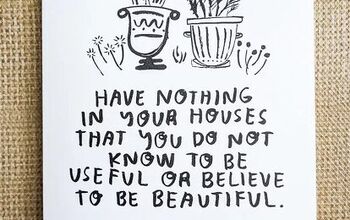I Stopped Budgeting After Learning These 3 Things

I talk about money and finances for a living, and it might surprise you to hear that I want to talk to you about why you should stop budgeting.
Budgeting is usually the first thing people think of when they are trying to better their finances, but I’ve found it ends up challenging people in the same way dieting or going to the gym does.
I want to share some of the ways that changing your mindset around your financial habits is a much more effective way to gain control of your money.
Studies show that 67% of people have a budget but 33% of them don’t maintain it. While budgets may help temporarily, they are difficult to maintain and don’t get to the root of the problem.
Budgeting is kind of like treating the symptoms of an illness while ignoring the cause.
1. Observe yourself
In addition to talking about finances for a living, I also create a lot of content about minimalism. Minimalism requires a great deal of self-reflection.
The financial benefits of minimalism are that the self-reflection and introspection required to help you get to the cause of spending habits that are difficult to maintain.
Simply observing yourself and your spending habits, completely free of judgment, will be far more effective in the long term, than just getting upset with yourself and your situation and creating a budget.
Look at what you spend money on when you spend, and the reasons behind your spending. Taking notice and becoming familiar with your habits are the first step toward altering them.
2. Use the negative
If there are things you’re unhappy with in your life, use those as motivation for change.
Say, you hate your job, and after a long day’s work, you come home and decide to treat yourself to some takeout food, drinks, or buy yourself something to cancel out that negative feeling.
Don’t let your negatives become an excuse for poor habits. Instead, try to use that misery as fuel and motivation to drive change.
I was working a 9-5 job I didn’t like and living in a tiny apartment in a bad neighborhood. I knew I didn’t want to continue living that way, so I used the discomfort to help me change my situation.
The clarity of my discomfort was the impetus to figure out how much I needed to save in order to create change. I shifted my focus to what lay ahead and my plans to get there.
3. Stop judging yourself
As you look through your expenses, it’s important not to judge yourself or get frustrated with yourself. Just look at your expenses, and observe them to see if they are aligned with your goals and values. Take note.
That way instead of refraining from spending because of a budget, you take control because of your dedication to your goals. It’s an essential reframing that changes your entire relationship with spending.
Every time I spend money, I ask myself, “Will this add value to my life?” I don’t have a ton of money. That’s why I want to make sure that when I spend I’m getting something valuable for it. I want to make sure I’m getting closer to my goals.
Stop budgeting
Minimalism helped me realize that many of the things I was spending money on were not true necessities. Financial minimalism instills this habit of pausing before spending, so I can evaluate whether whatever it is I’m considering buying will truly add more value to my life.
Instead of budgeting and restricting yourself to maintain your budget, examine your spending. Get in touch with your desires and goals and use those to motivate restrictions you might need to implement. This will shift your mindset from feelings of scarcity to feelings of potential gains in the future.
Leave me a comment and let me know what you think of this reframing around saving money.
Next, learn How to Live Frugally & Retire Early - 6 Ways to Save Money.





















Comments
Join the conversation